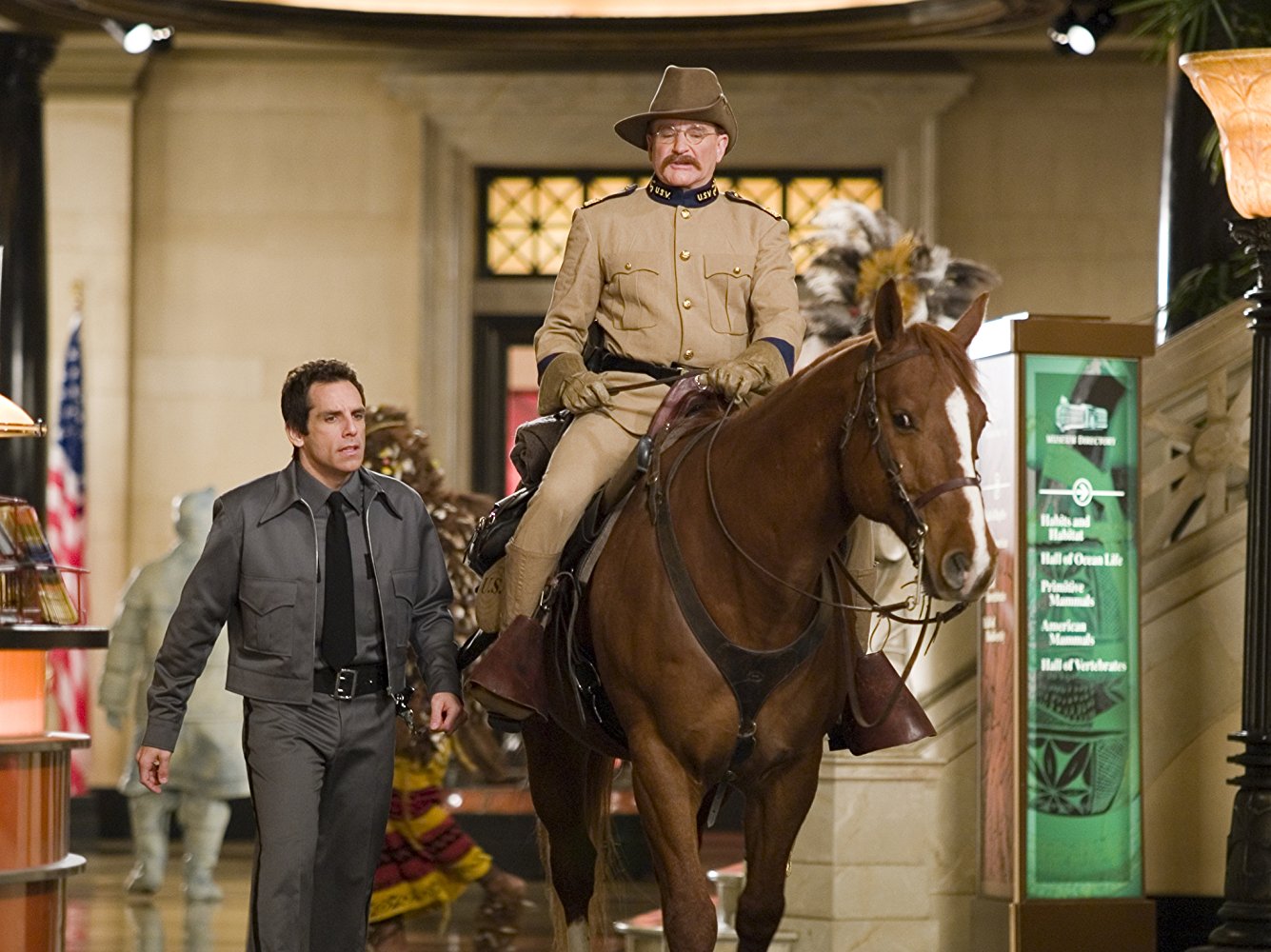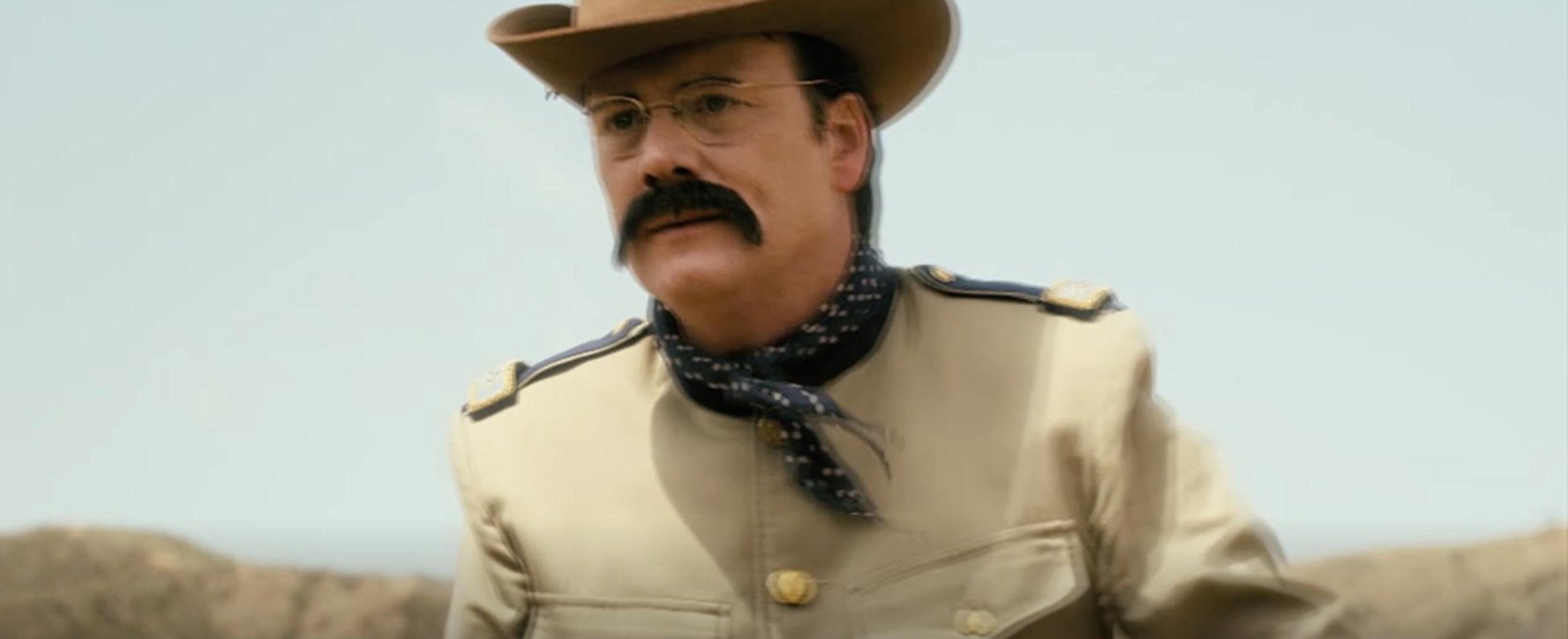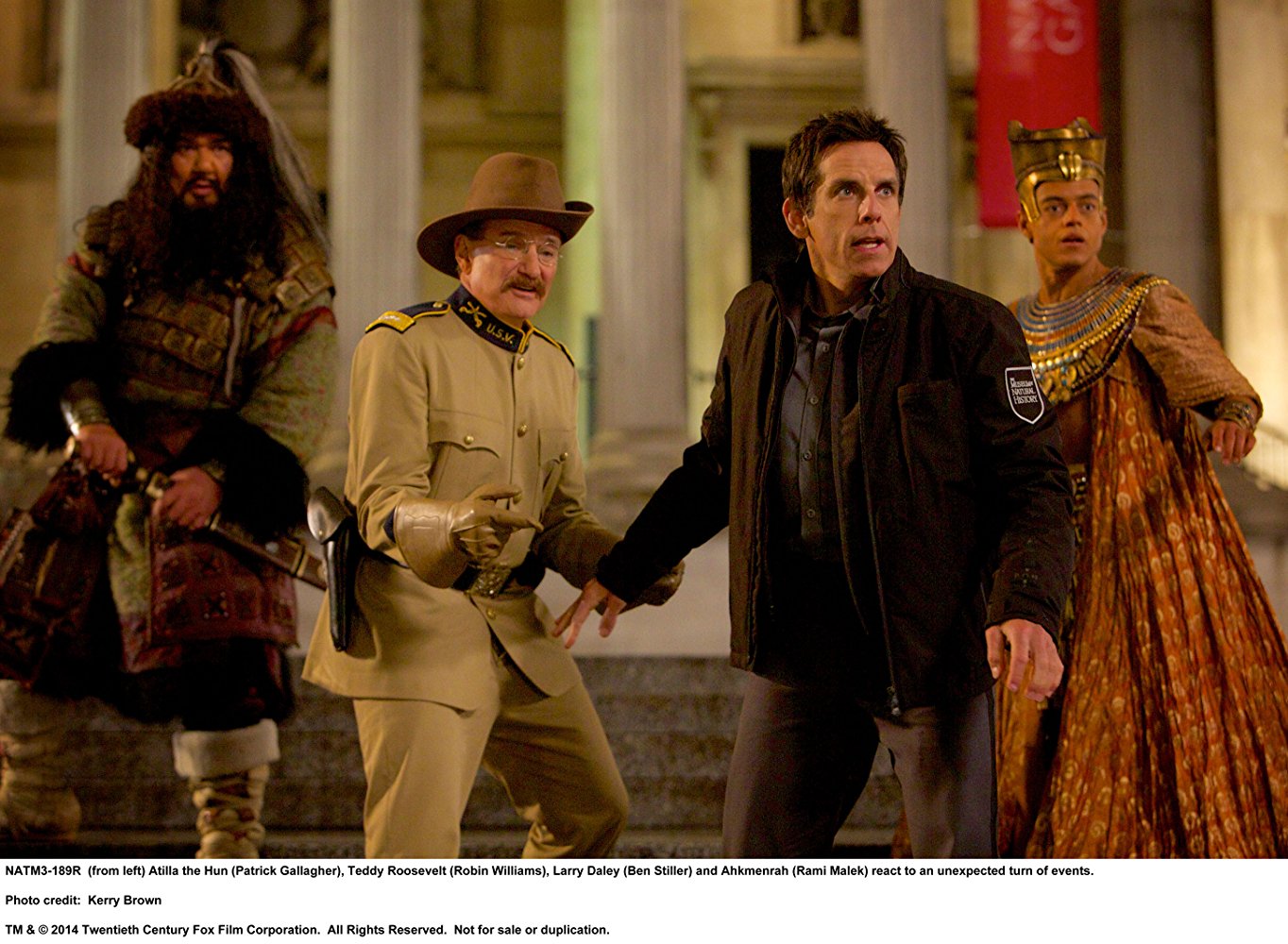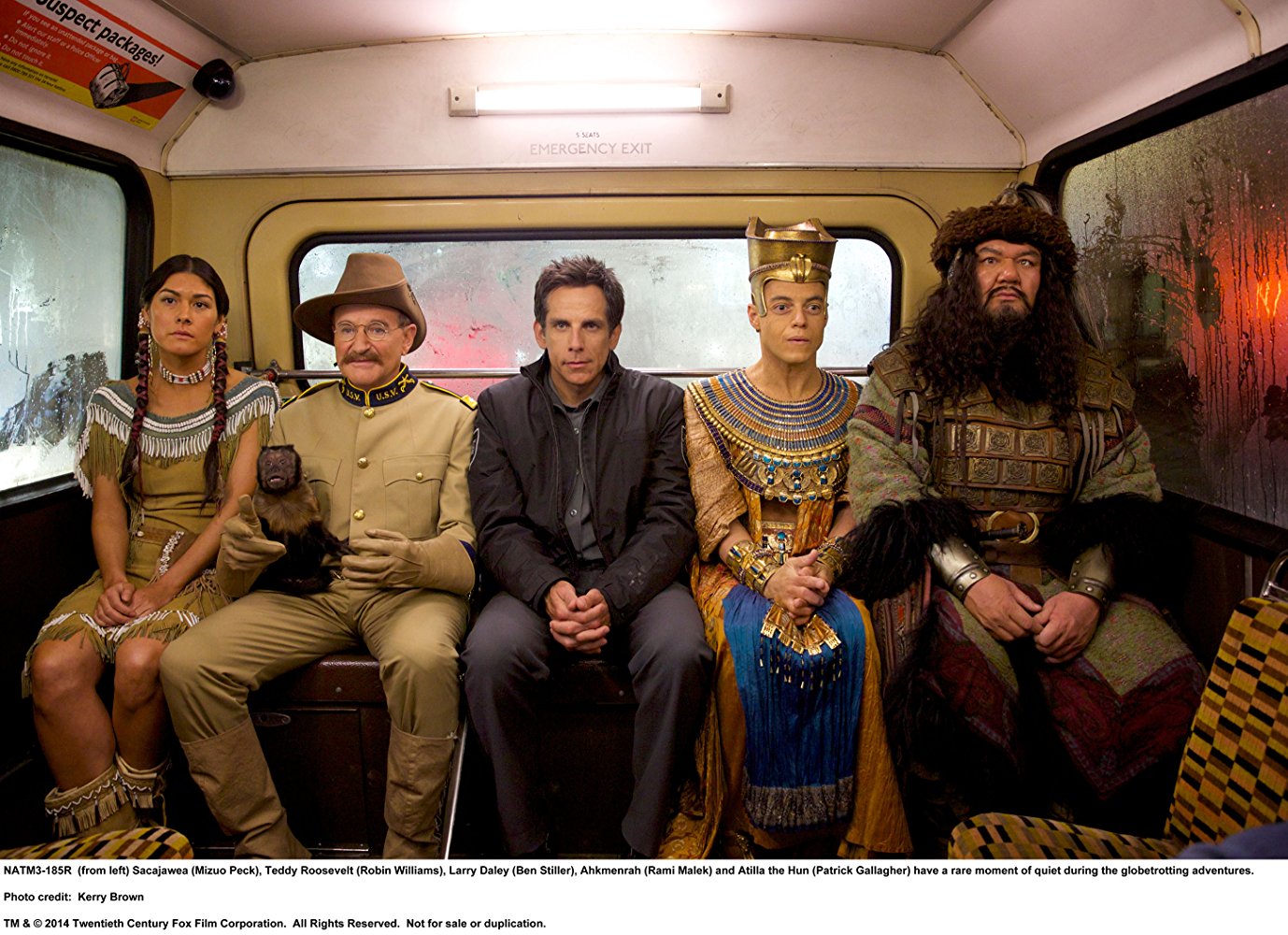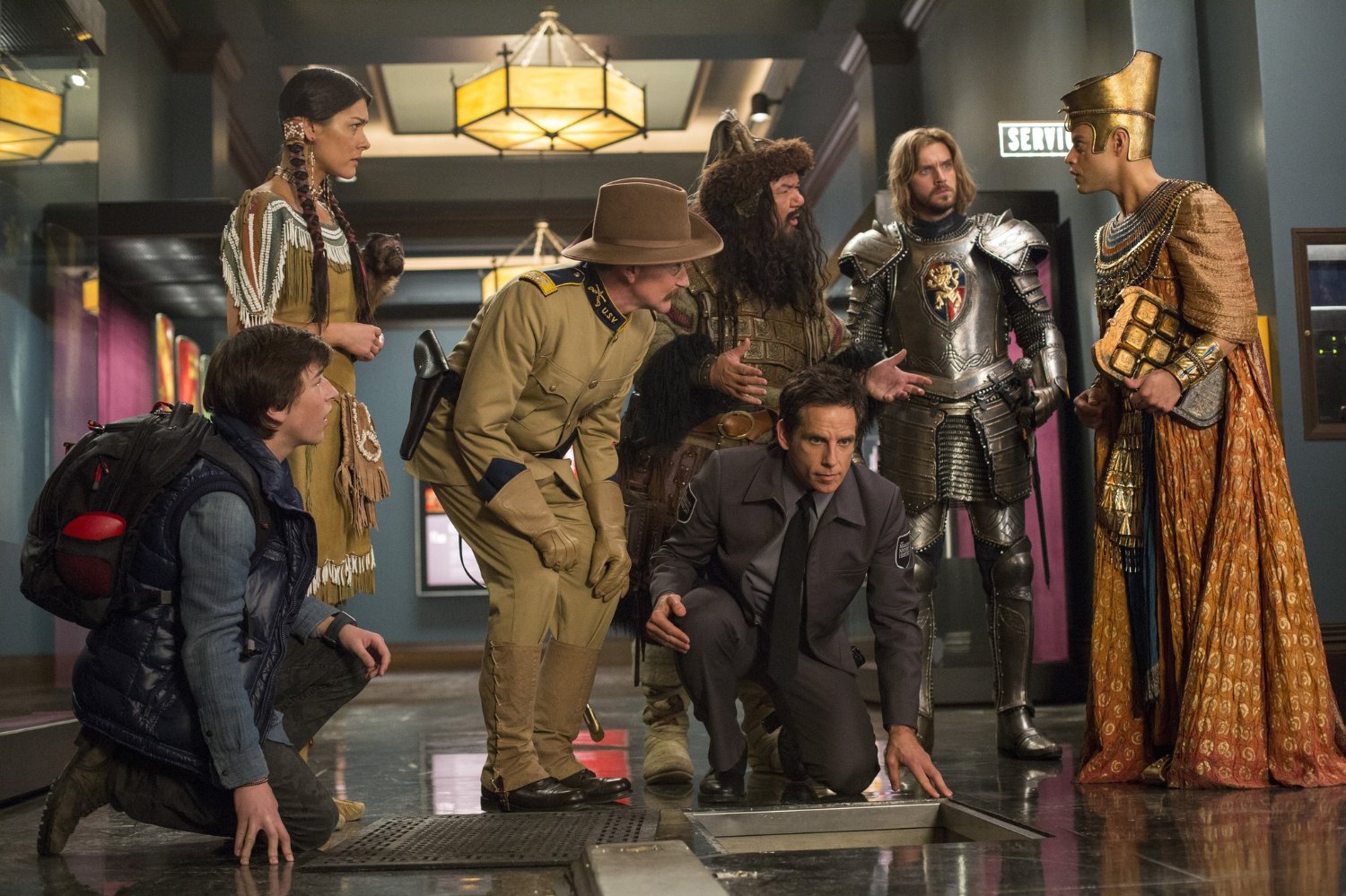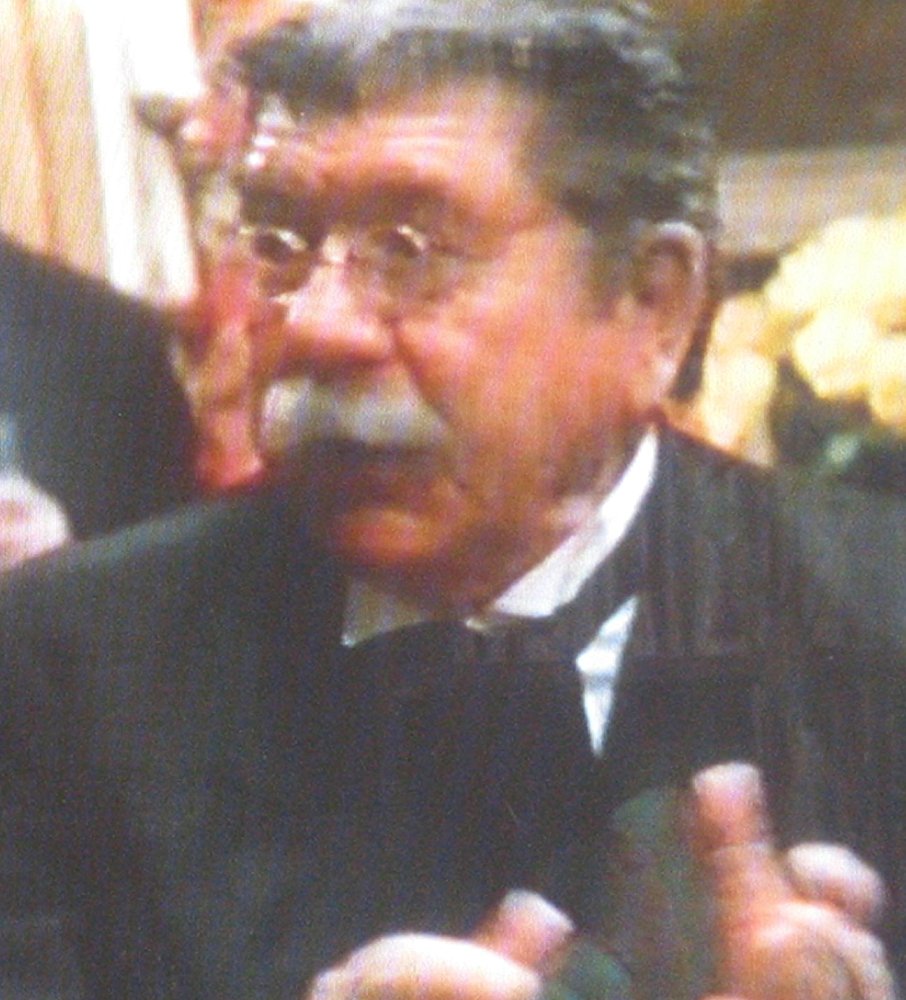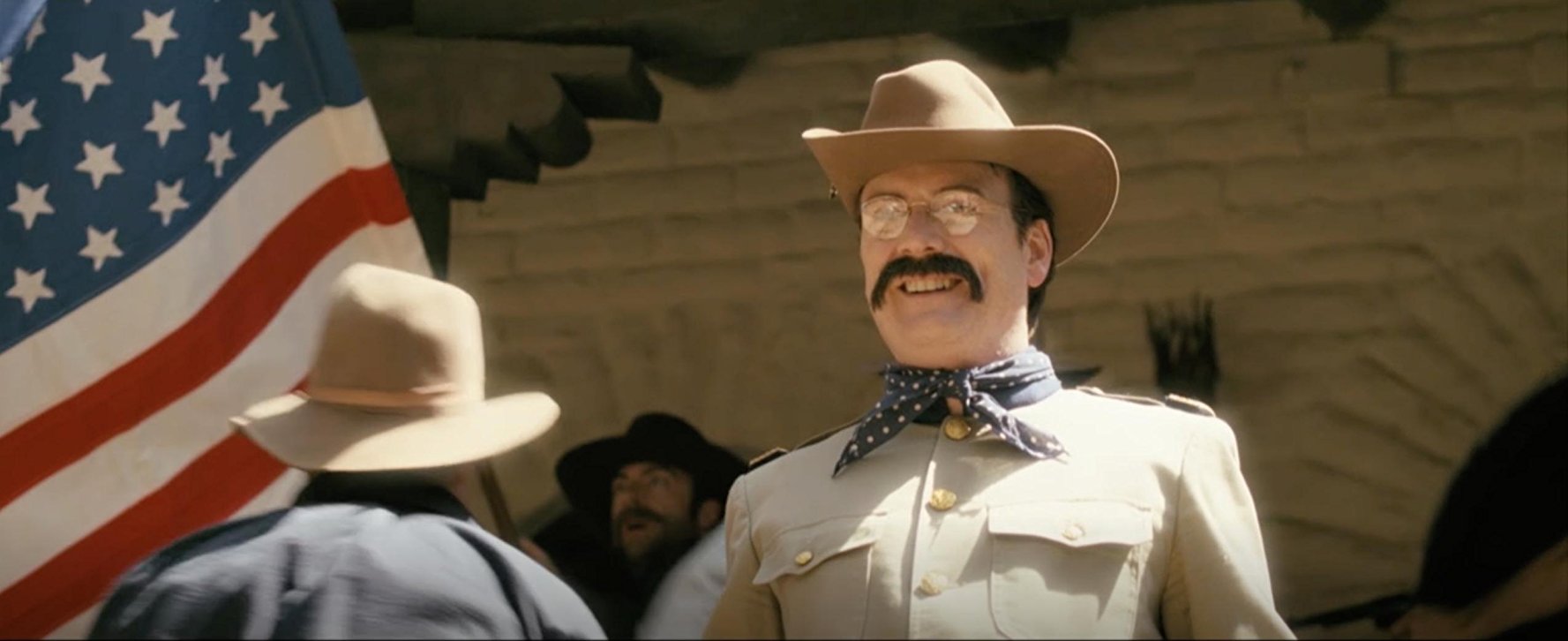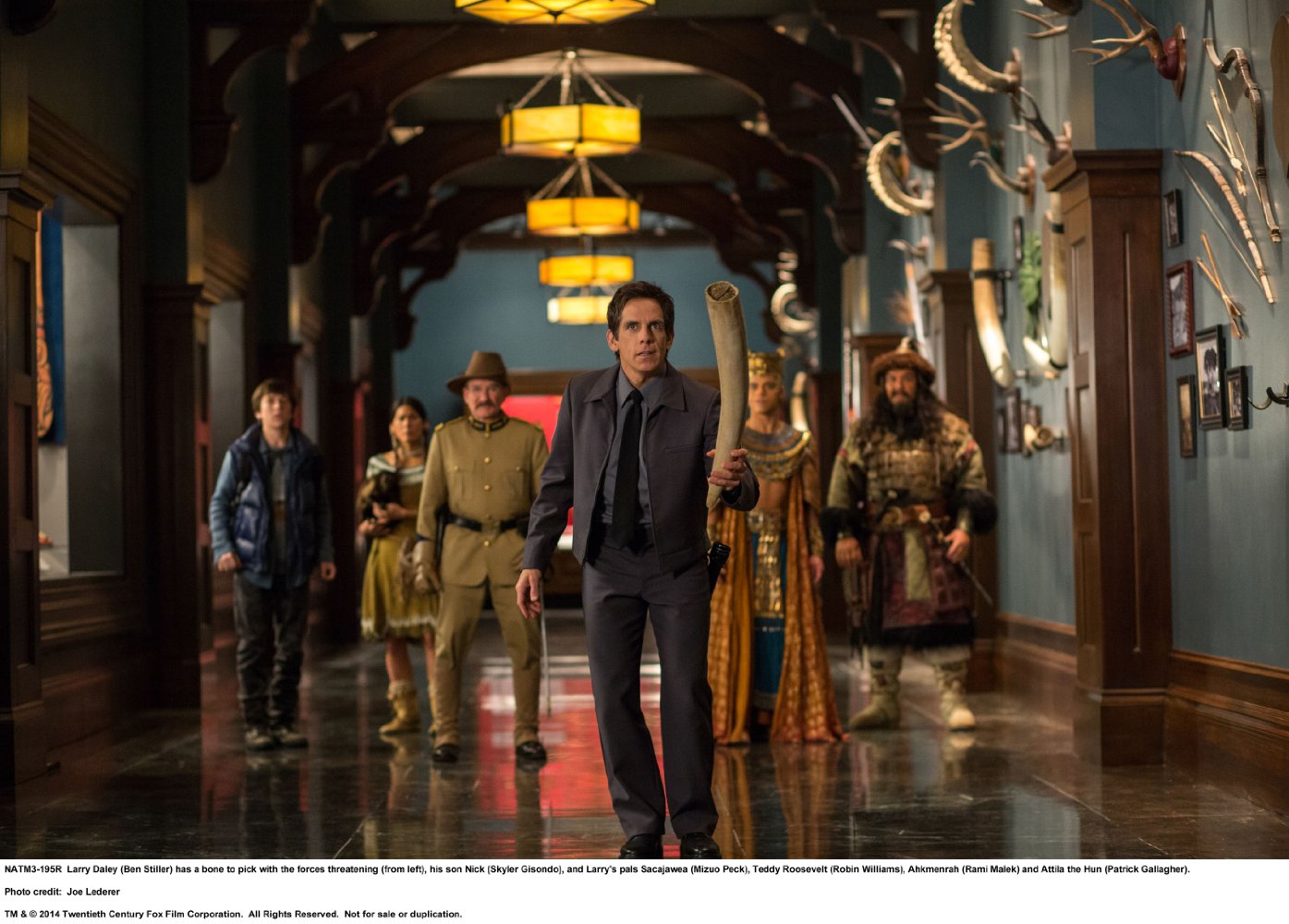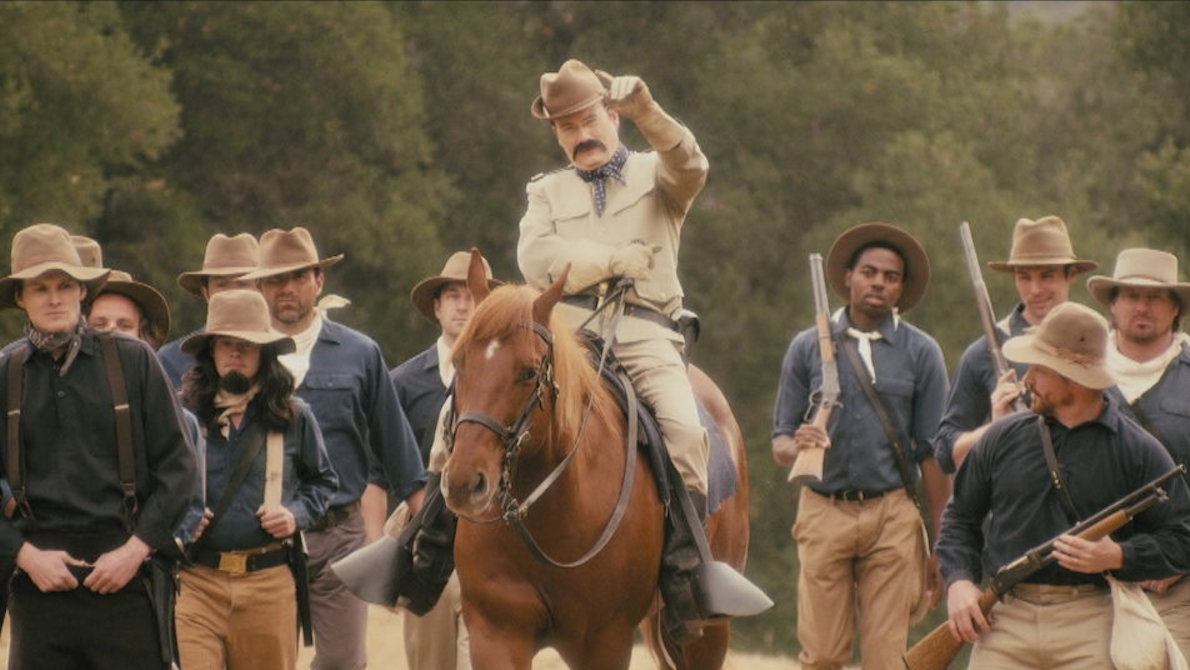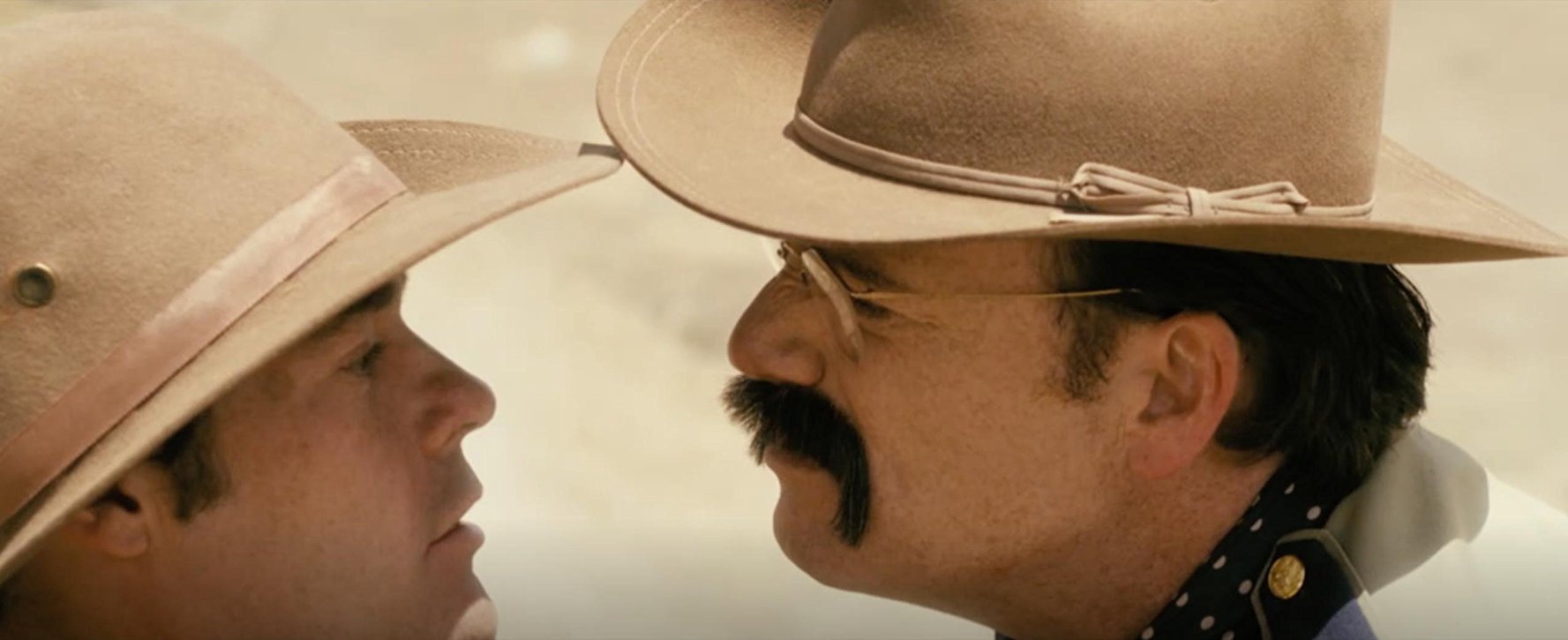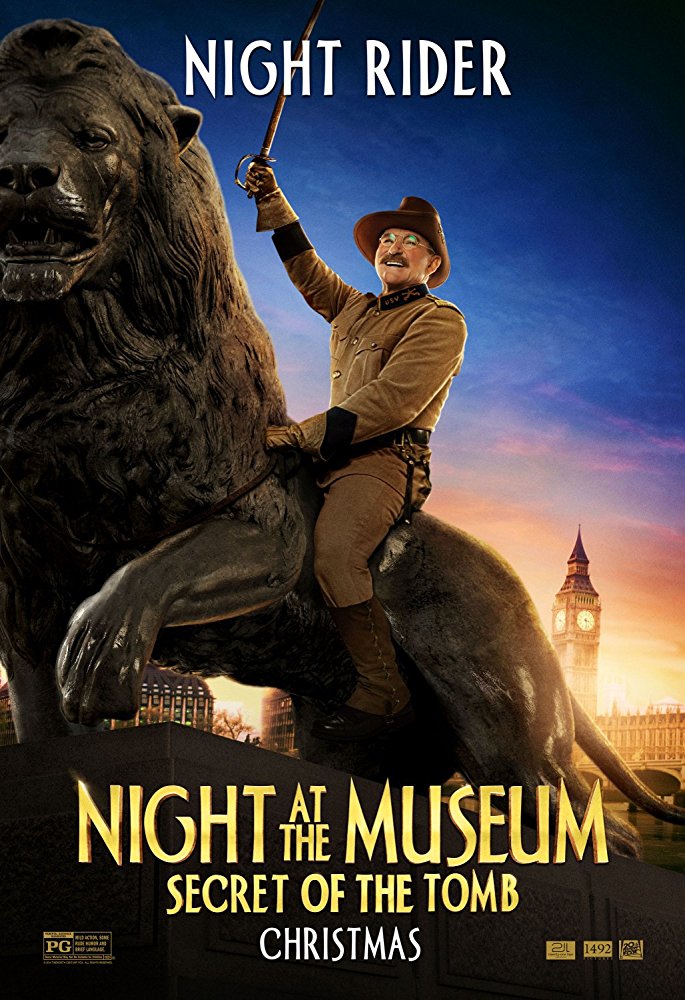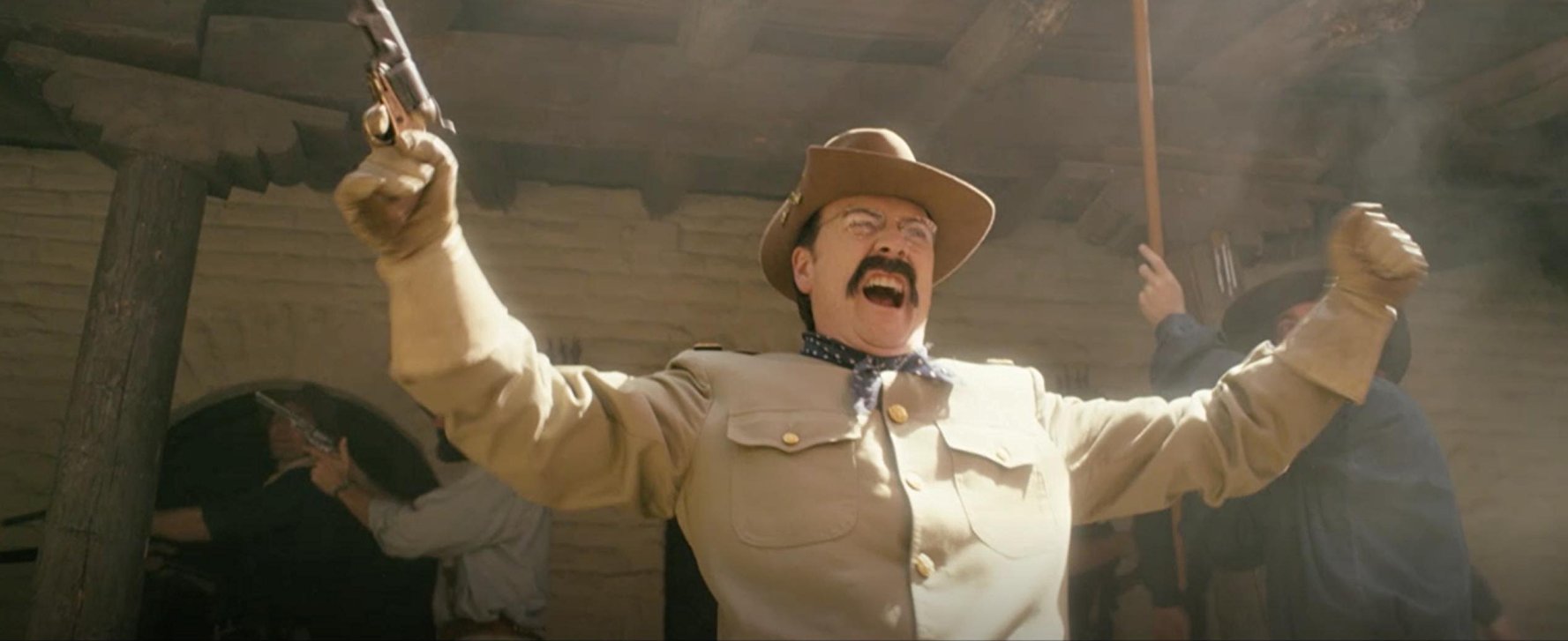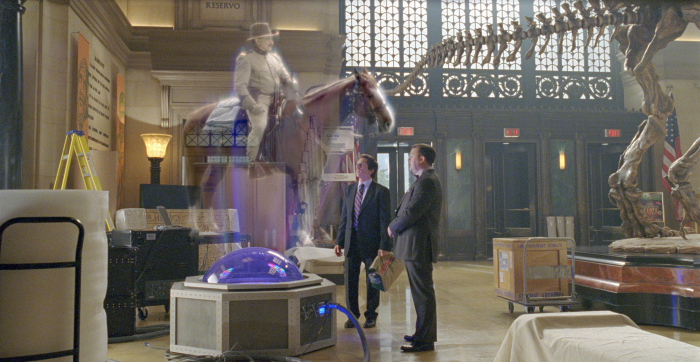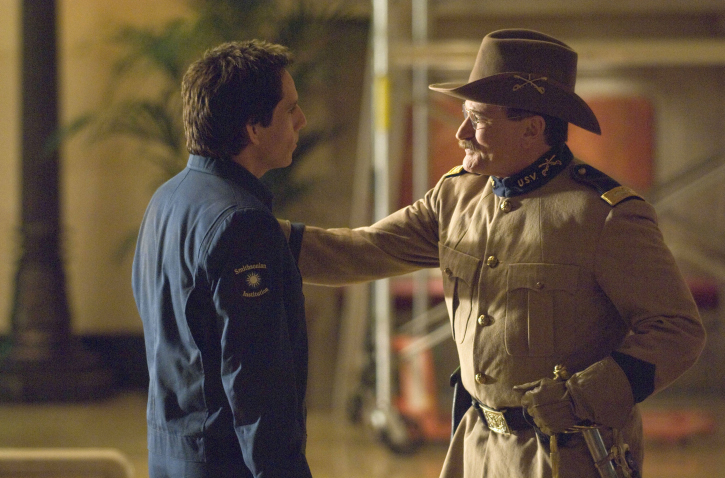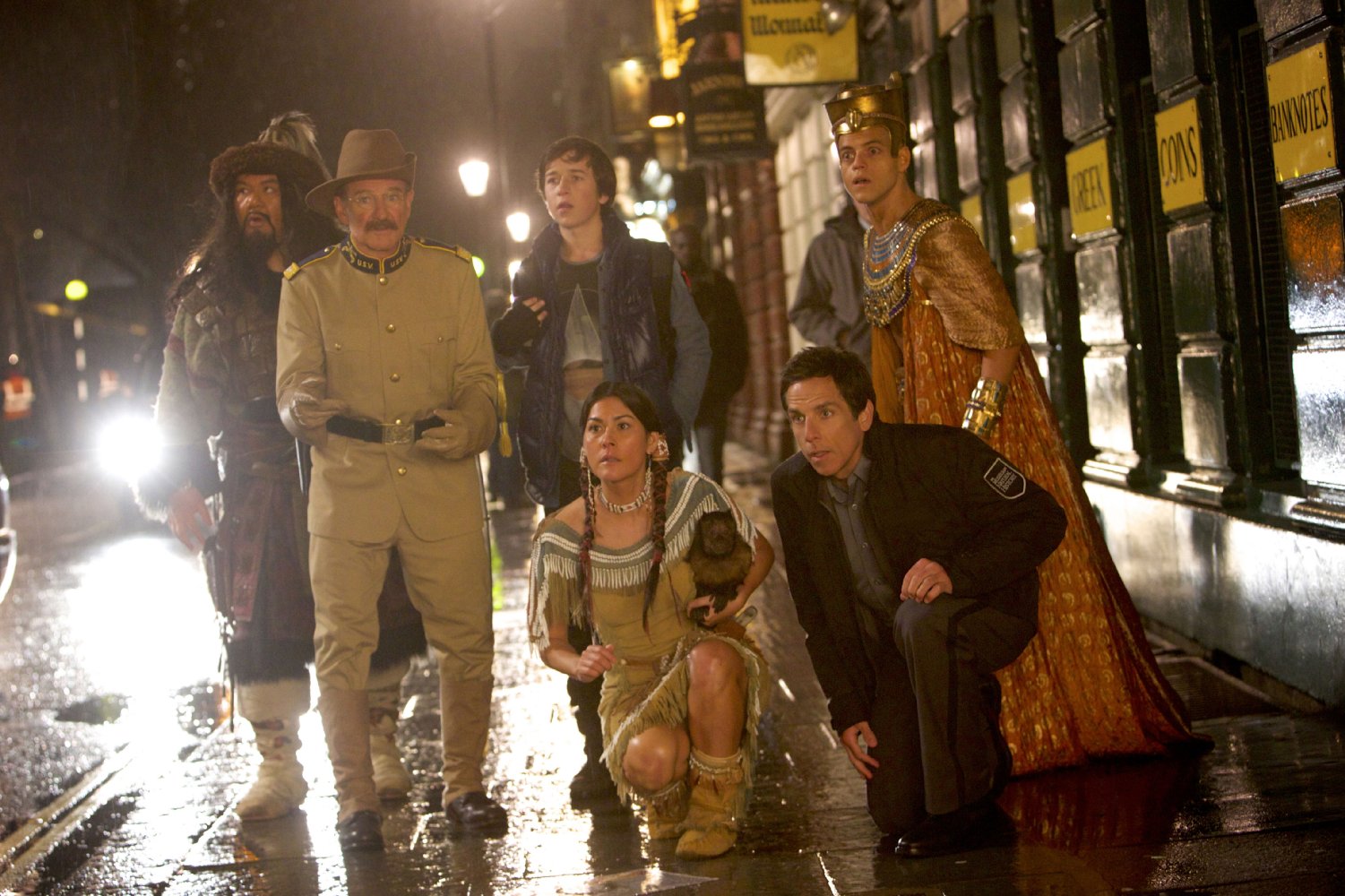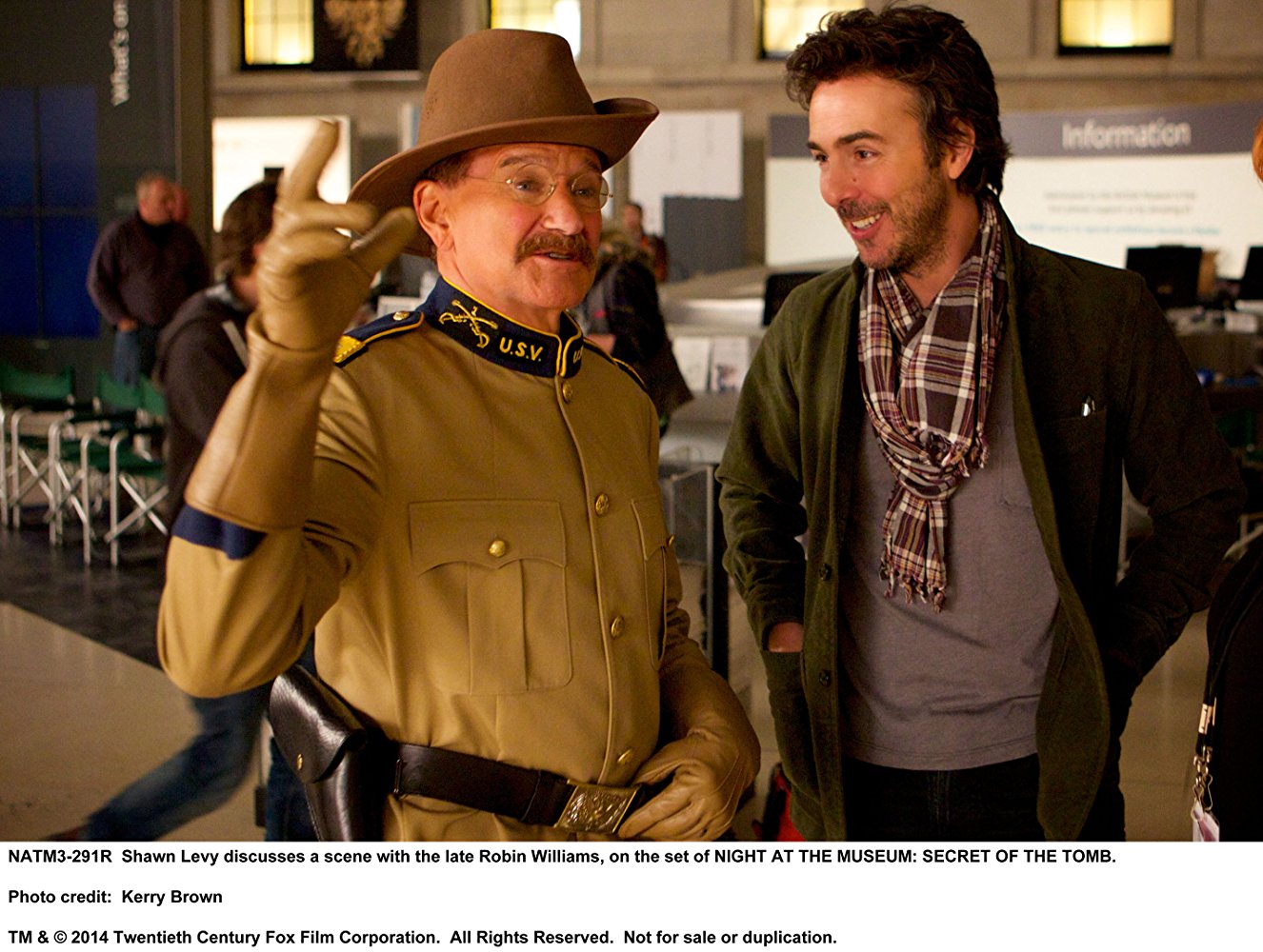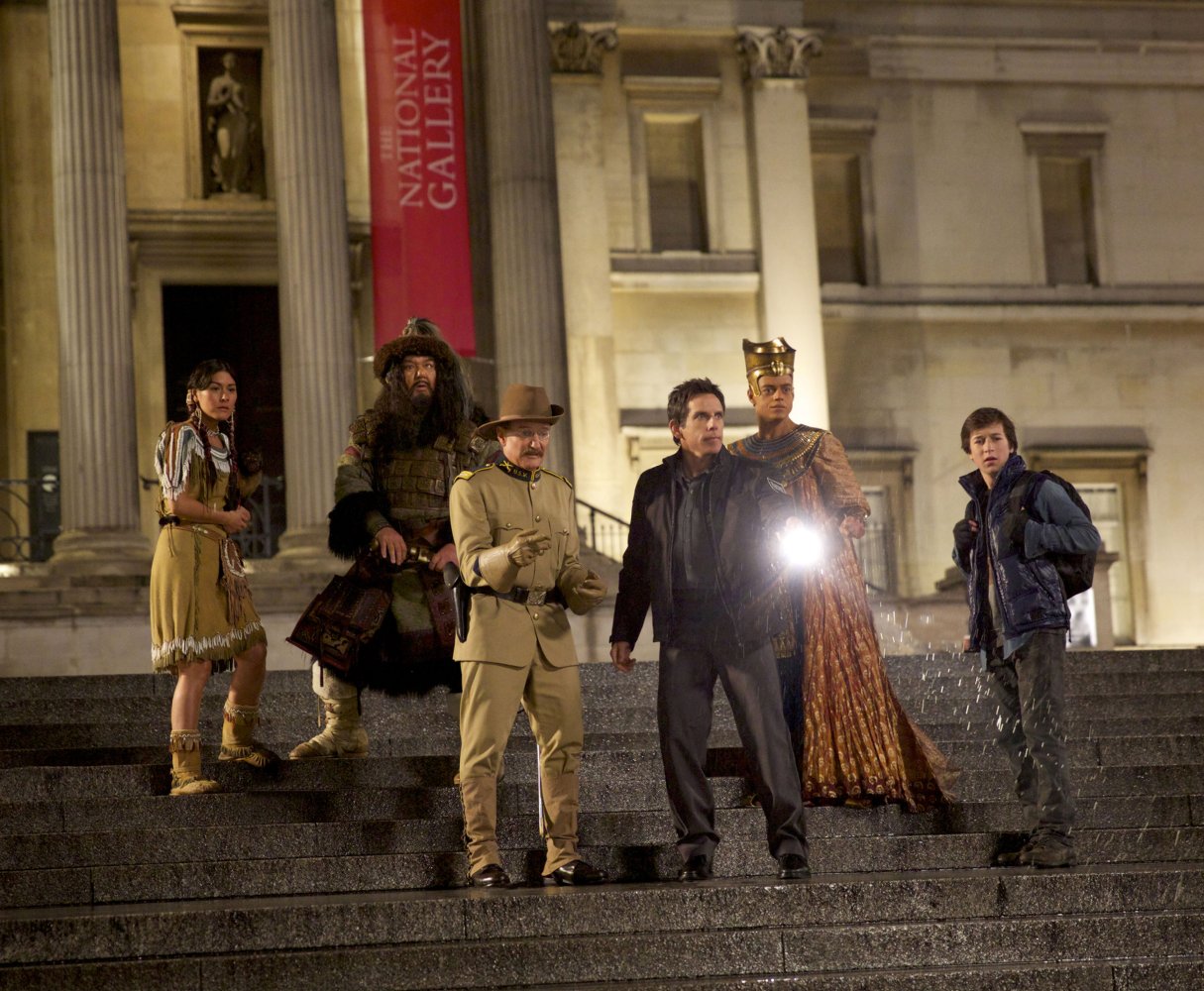In September 1901, the former vice president, Theodore Teddy Roosevelt became 26th US President following the assassination of President William McKinley in Albany, New York by an anarchist.Upon assuming office, a contemporary newspaper, the Harford Times editorialized that, If a man were to be put into training for the duties of the presidential office from his boyhood, we do not see how any course could have mapped out for him which would be more likely to make him fit for that great trust than that which the new president has so rapidly and creditably passed. This was far from an hollow statement.Today, considered by most historians to have been the best prepared person to assume the Presidency, Theodore Roosevelt, (he didn't like the name Teddy as that name had been used by his deceased wife, Alice and would forever evoke vivid memories of her death and his mother's death on the same night in 1885), was also considered by many leading contemporaries such as Mark Twain and others, to be the most interesting man in America. Overcoming debilitating childhood asthma and illness, TR was a respected historian, author, writer, naturalist, ornithologist, explorer, hunter, rancher, New York assemblyman and governor, New York City Police commissioner, US Civil Service commissioner, Assistant Secretary of the Navy, founder and commanding officer/colonel of the famous Rough Riders during the 1898 Spanish-American War (for which he would belatedly receive the Medal of Honor in 2001), fluent in Dutch, French, German and modern and medieval Italian, as well as well-versed in Latin and Greek, Roosevelt was a veritable walking encyclopedia of topics from the extremely practical to incredibly arcane, a magna cum laude and phi beta kappa Harvard graduate with an amazing intellectual breadth, as well as a refreshly faithful and much beloved husband to his childhood friend and wife, the former Edith Carow, and father to six children, this astonishingly multifaceted man would have been famous for a 60 year lifetime packed with more adventure than a dozen less energetic individuals had he never become president.A note on pronunciation of the name Roosevelt. Theodore Roosevelt's last name, of an absolute certainty, is pronounced ROSE-ah-velt, not Ruze-ah-velt. Dutch uses 2 Os for long O emphasis not the short oo sound. Theodore left several letters to individuals who asked him, on how to pronounce his last name and left at least 2 audio recordings using the Rose-ah-velt pronunciation. You will also find every virtually descendant using this pronunciation. (If you hear any other pronunciation, rest assured, that person is no authority on either Theodore nor his 5th cousin, Franklin D. Roosevelt.)A reformer who improved every office or political appointment with which he came into contact, by the age of 42, TR, as he preferred to be called, became the youngest man ever to hold the office of President. One of the original members of the American Institute of Arts and Letters, and TR was one of the first fifteen elected to the American Academy of Arts and Letters. Roosevelt was a founder of the first American conservation organization, the Boone and Crocket Club that pressured Congress to save the Yellowstone Valley from exploitation and eventually making Yellowstone, in 1887, the World's first national park, founder of the National Collegiate Athletic Association (NCAA), and the Long Island Bird Club. Establishing himself early on as a historian by his landmark book, The Naval War of 1812 shortly after finishing Harvard, TR would become President of the American Historical Association.As a naturalist, he was considered the world's leading authority on large North American mammals and led two major scientific expeditions for prominent American Museums, one to Africa and another to Africa, each lasting up to a year. Had he not become President, he would be remembered for his contributions in both of these fields. In between these many jobs, TR found time to ranch in the West, hunt on several continents, raise a family of six energetic children, read an incredible number of books, often several a day, and write more than 20 books numbering over 35 actual volumes, and develop an extraordinary network of friends and contacts, which he maintained mostly by mail, writing well over 150,000 letters.As 26th US President, Theodore Roosevelt achievements remain impressive. In foreign affairs TR led the United States into the arena of international power politics, thrusting aside the American tradition of isolationism, while on the domestic scene, he reversed the traditional federal policy of laissez-faire, and sought to bring order, social justice, and fair dealings to an American industry and commerce reluctant to adapt to the new social demands after several decades of revolutionary change. He was the first President since Lincoln to take the office by the horns and skillfully and deftly mold it to the changing needs of an America growing by leaps and bounds. Using a liftetime of considerable political experience and talent in dealing the machines of local, state and federal government and with an often reluctant Congress, in all his policies as Chief Executive, TR expanded the powers and responsibilities of the Presidency, in effect, inventing the modern Presidency and patters of successful leadership that have been followed by most of his successors in the White House. TR remains the first modern US President and the most dynamic of the 20th Century. Roosevelt's energy and athleticism werr not the sound-bite material. Whether it was scrambling up the banks of the Nile river in search of birds to shoot and stuff as a young boy to climbing the up the highest mountain in Europe, the Matterhorn, to riding trail on a herd in a Dakota Territory blizzard at well below freezing temperatures, or exploring Africa, traveling down an uncharted river in the Amazon forest, jumping over fence and rail in wild fox chases, swimming across the Potomac river in near freezing temperatures, leading diplomats on exhausting treks up Rock Creek, no matter the activity, TR lead what he called the Strenuous Life, believing it was better to burn out than rust out. And with four sons fighting in World War 1 and his youngest and the most like him, Quentin, shot down and killed over France, TR realized his better to burn out vision, dying shortly after his 60th birthday in 1919.In retrospect, Theodore Roosevelt's specific achievements are numerous. Perhaps his greatest contribution was his work for conservation. During his tenure in the White House from 1901 to 1909, he designated 150 National Forests, the first 51 Federal Bird Reservations, 5 National Parks, the first 18 National Monuments, the first 4 National Game Preserves, and the first 21 Reclamation Projects. Altogether, in the seven-and-one-half years he was in office, he provided federal protection for almost 230 million acres, a land area equivalent to that of all the East coast states from Maine to Florida.Aside from his conservation efforts, he became known as the first trust buster, bringing the several large unwieldy irresponsible corporations under better control; he began the Panama Canal, established the Department of Commerce and Labor; he negotiated an end to the Russo-Japanese War and thereby won the Nobel Peace Prize; he preached a Square Deal for all Americans, enabling millions to earn a living wage; he built up the Navy as the Big Stick, thus establishing America as a major world power; he reduced the National debt by over $90,000,000; and he secured the passage of the Elkins Act and the Hepburn Act for regulation of the railroads, the Meat Inspection Act and the Pure Food and Drug Act for consumer protection, and the Federal Employers' Liability Act for Labor.In addition, Roosevelt successfully mediated international disputes over Venezuela, the Dominican Republic and Morocco. He was the first world leader to submit a dispute to the Court of Arbitration at The Hague, and he was the first head of state to call for convening of what became the Second Hague Peace Conference at which he obtained for Latin American nations equal status with the rest of the world, and won the adoption of his Roosevelt Corollary to the Monroe Doctrine, which outlawed the use of force in the collection of foreign debts.Many of the policies he advocated during the Bull Moose years were adopted by Presidents Woodrow Wilson and Franklin Roosevelt.Towards the end of his life, TR was a major force for military preparedness particularly as World War I loomed. Much of what he achieved affects each and every American today and his name and personality have become part of the collective icon for what America stands for at its best.Today, Theodore Roosevelt stands as the one of the well-prepared, popular, skilled, successful and dynamic American presidents in US history; and many of his more progressive goals would be taken up by his 5th cousin, Franklin Delano Roosevelt who to some degree would overshadow much of TR's accomplishments with the coming Great Depression and World War II. Nevertheless, FDR would usefully follow Cousin Theodore political appointments and offices to the White House, marry TR's niece Eleanor (Yes, Eleanor's maiden name was Roosevelt and was FDR's 5th cousin.) TR's square deal would become FDR's new deal, Even 100 years after TR left office in 1909 and vacated the building formerly named the Executive Mansion, which TR thought much too stuffy and had renamed the White House, TR remains an American icon and role model for successful presidents. This man who put his hero, Abraham Lincoln on the American penny by executive order, and whose face is rightfully carved along side of Washington, Lincoln and Jefferson on Mt. Rushmore, is consistently ranked 4th or 5th best president pool after scholarly polls. TR's expressions such as the big stick, the lunatic fringe, good to the last drop, the Bully Pulpit and his 1913 Man in the Arena speech in Paris with its famous, It is not the critic who counts have become a day-to-day part of the English language.For more information on TR, visit the organization founded to preserve his achievements and legacy shortly after his death in 1919, The Theodore Roosevelt Association (TRA), http://www.theodoreroosevelt.org. Parts of this article, courtesy of the TRA and numerous online sources. The author of this sketch, Major Keith Simon, USMCR (ret), is an active TRA member, Roosevelt historian and occasional speaker and writer on TR. He can be reached at
[email protected].
Show less «

